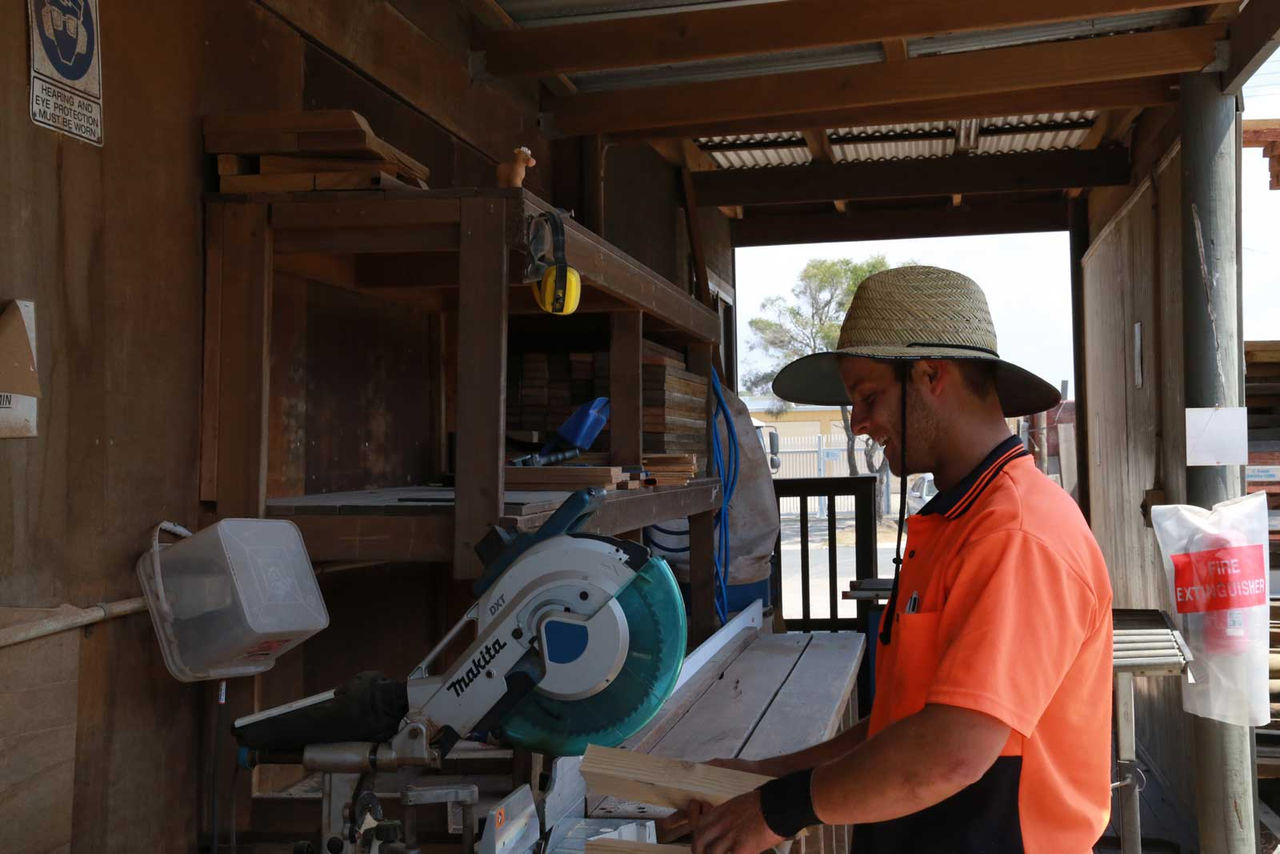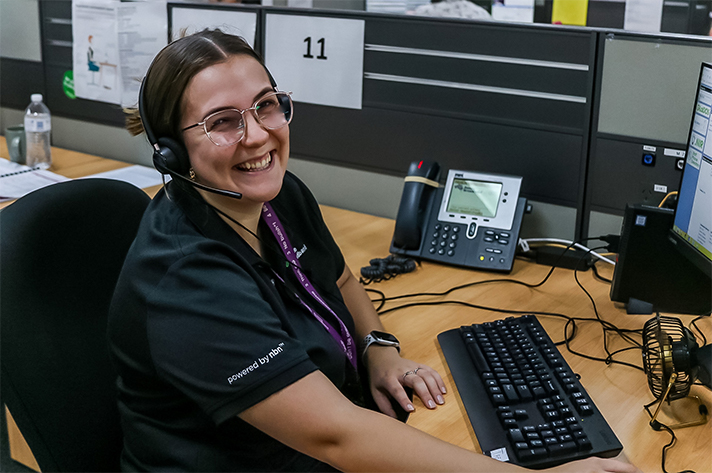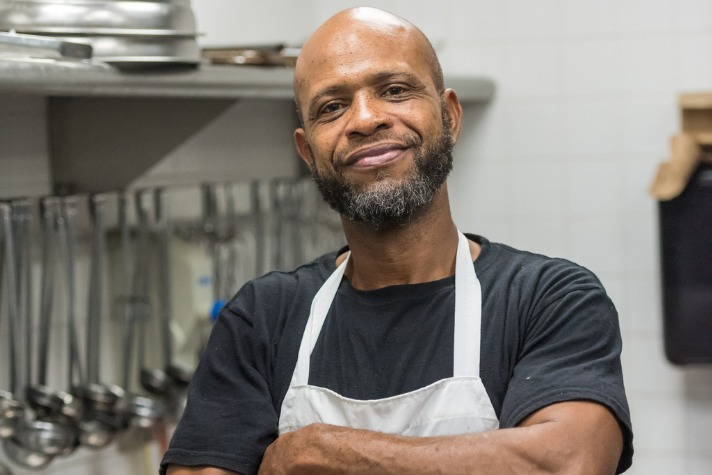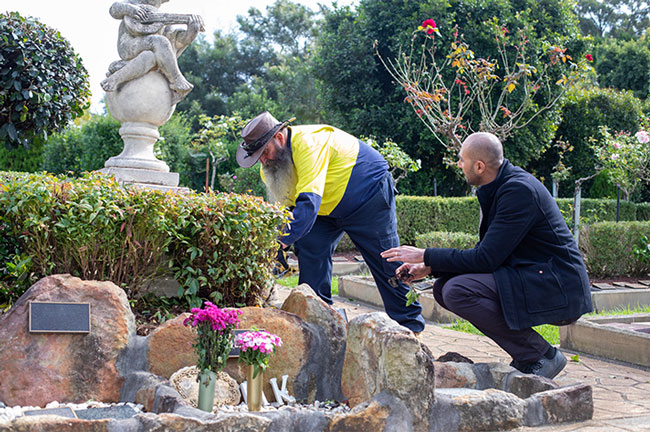Career snapshot: aged care
Published by MAXSolutions on August 23, 2020
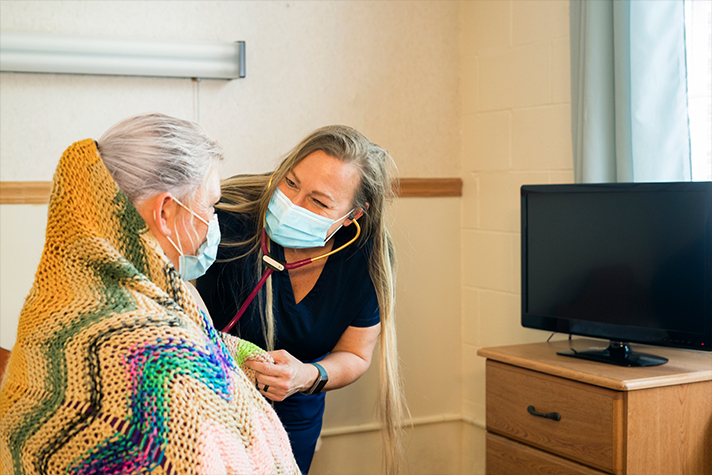
Demand for aged care workers continues to grow.
If you are compassionate, enjoy talking with the elderly and believe all people deserve to live with dignity, a career in aged care may be right for you.
Why consider a career in aged care?
1. It is a growing area with many job opportunities
At a time when job security is scarce, you can be confident in the demand for workers in aged care – one of the fastest growing employment sectors in Australia.
Before the pandemic, the Australian Department of Education, Skills and Employment had identified that the demand for skilled aged and disability carers was ballooning. In March 2019, their projections suggested that employment for personal care workers – predominantly aged and disability carers – will increase by 80,600 or nearly 30 percent in the five years to 2023. This 30 per cent leap dwarfs the average across all occupations of around 7.1 per cent growth over the same period.
Over the past 12 months, MAX has placed over 800 people into work in aged care and disability support care roles around Australia.
Demand in this sector is continuing to grow significantly meaning long term career opportunities will continue to abound.
2. Opportunities for flexible working arrangements
The aged care sector typically offers workers full time, part time and casual opportunities.
This kind of flexibility makes it a smart career choice for people who need to manage their paid work around other responsibilities.
3. Possibility for career progression
In addition to long term stability and growth, an aged care career offers the possibility for growth and career progression.
Those who show promise in an aged care role and aspire to develop their career further may find career progression towards team supervisor and management roles, admissions, quality and governance advisory or even facility management roles.
4. It’s a genuinely rewarding career
If you’re motivated by making a positive difference in people’s lives, a career in aged care will see you rewarded every single day.
From seeing the smiles when you enter a room, to facilitating engaging activities, supporting people following surgery to providing a listening ear, aged carers have the capacity to make the lives of elderly people better every day. Not only that, compassionate aged carers also improve the lives of the families of those they care for – giving peace of mind that can’t be overestimated.
What do aged care workers do?
Aged care workers are there to assist elderly people with daily tasks. This might include supporting elderly people with movement, bathing, eating, cleaning and providing other health care supports.
It also includes supporting them socially and emotionally. This might be through providing a listening ear and connecting them with social activities that will improve their quality of life.
While most aged care workers tend to be employed by residential aged care facilities, there are also opportunities for individual support roles. This might involve respite care for individuals who are predominantly cared for by a family member or caring for individuals who are largely able to care for themselves but need additional support at times.
Is a career in aged care right for you?
Let’s take a look at whether moving into the aged care sector is the right career move for you. If you have the character traits and skills listed below, you are most likely to find a career in aged care to be fulfilling.
Compassionate
The best aged care workers are those who show compassion and empathy for their patients and their families.
Showing respect, compassion and empathy while providing practical supports will ensure you contribute to the quality of life for those under in your care.
Good communication skills
Aged care workers provide a vital and valuable link between those they provide support to and their families.
Sharing important information in a compassionate way can ensure both the elderly person and their family feel more supported and at ease.
Ability to work well in a team
Sharing information about patients within the team environment is also a vital part of the role.
You can’t be there for patients 24/7, so you need to be able to communicate what has happened with your patients during your shift with those in your team to ensure continuity of care.
You also need to be able to receive that kind of information from other team members, along with any whole team updates and use the team dynamic to provide the best possible care for your patients.
Basic computer skills
Like many roles today, a career in aged care will require a basic level of computer literacy. Data entry, clinical management, ongoing learning and development and workplace updates will require computer use.
What qualifications and experience do you need to work in aged care?
Organisations hiring aged care workers are looking for people who have completed a Certificate III in Individual Support (Ageing) (CHC33015).
If you’re looking to join the growing workforce, find out more about the Certificate III qualification.
Here at MAX, we have hundreds of students currently studying the following courses with us.
- CHC33015AO - Certificate III in Individual Support (Ageing) (Home and Community)
- CHC33015 Certificate III in Individual Support (Ageing)
The courses can be done fully online at a pace that suits you, or via blended delivery – combining a virtual classroom and online learning. Both methods can see the course finished in either 12 months (studying full time) or 24 months (studying part time) and both require students to undertake 120 hours of work placement to complete the course.
The training and assessment ensure learners are able to work legally and ethically with a diverse range of people. Applying a holistic care approach and working healthily and safely in a direct care environment are key focuses throughout training and assessment of the qualification.
Apply Now for a Certificate III in Individual Support (Ageing) (Home and Community)
Case studies
Here are some of the superheroes who are caring for our ageing loved ones or training with MAX to be the next generation of aged carers.
Jodie Kopp, Hervey Bay, Qld
After 20 years out of the workforce, Jodie turned her experience caring for her parents into a qualification (Certificate III in Individual Support) and into a part time role with Anglicare Southern Queensland.
Since Jodie began working in early 2020, COVID-19 hit our shores and our economy, but rather than becoming a victim of the economic fallout, Jodie has gone from strength to strength, not only supporting the aged care residents in Hervey Bay through the difficult times, but accepting a full time position.
“I felt so privileged and fortunate to be able to continue working and helping those in need during COVID-19,” says Ms Kopp.
Maria Barros De Sousa, Wollongong, NSW
In early 2018 Maria, having been out of work for over 18 months, enrolled in a MAX Skills for Education and Employment (SEE) course. Maria was keen to continue working in aged care – an industry she had worked in back in her homeland, Portugal.
Maria’s English improved and with ongoing Language, Literacy and Numeracy (LLN) support from the MAX team throughout, completed a Certificate III in Individual Support (Aged Care) locally.
Combining Maria’s determination and new qualification with support from her MAX team including job application and job interview preparation supports, Maria landed her first job in the Australian aged care industry in early 2019.
“I like the MAX team very much. I felt good there, I was really happy. They help you in any situation,” says Maria.
Maria has been employed for over 18 months, continuing to provide genuine support and care to elderly residents throughout the COVID-19 pandemic.
For those considering a career in aged care, Maria’s advice is this: “They have to have a good heart. Be very caring and right for the job. Do it because you’re right for it and care about people.”
Kaylee Hattinger, Hervey Bay, Qld
In late 2019 Kaylee moved from Tasmania to Hervey Bay. Having sold her hospitality business Kaylee was planning to retire and spend time with her family, including her first grandchild in the Sunshine State.
Not content with the completely quiet life, Kaylee decided she wanted to give back in a meaningful way and make a difference in people’s lives. She decided to move into a career in aged care, knowing it is a growth industry with an incredibly high chance of employment.
“I chose to study a Certificate III in Individual Support (Ageing) (Home and Community). I hoped that I would be able to transfer my skills in customer service, satisfaction, my ability to be patient, organised and methodical and that I would be able to assist people live a quality life,” says Ms Hattinger.
“I started the course just before COVID-19 lockdown and initially found it difficult working on the online world but had excellent help from the course coordinators…I did miss classroom interaction and listening to other students and their questions and feedback, but the videos provided were great and the internet had so much information,” says Ms Hattinger.
“The course has allowed me to understand the legalities of the industry and how to empower and advocate for our clients and residents. I am keen to finish and be employed in the industry”.
I still have a lot to learn but feel I have had excellent tutelage and will make an excellent carer,” says Ms Hattinger.
Share
Tags
Found this useful?
Help and advice
Our blogs are about helping people seek the information that they need for their steps in the workforce.


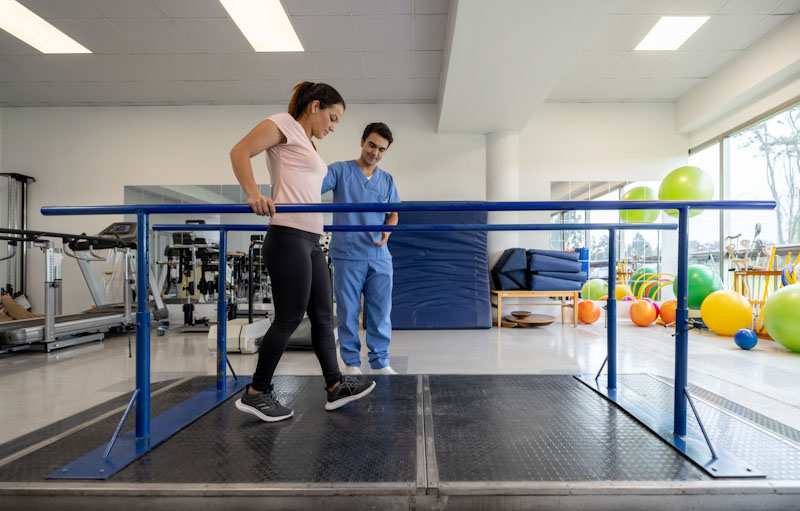

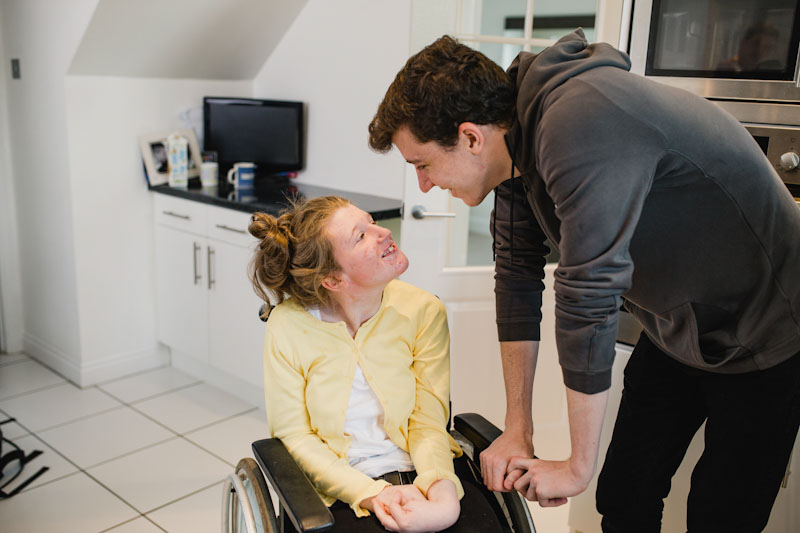

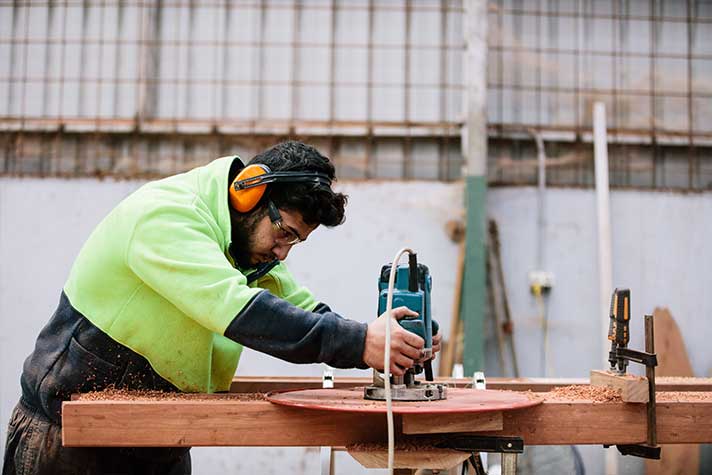

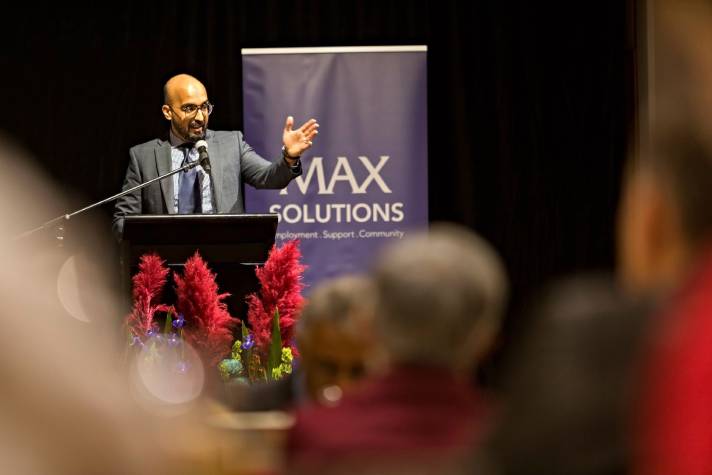





_1.jpg)



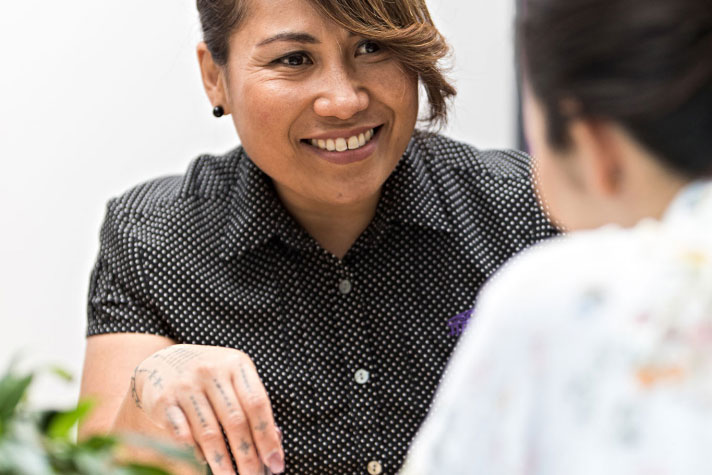





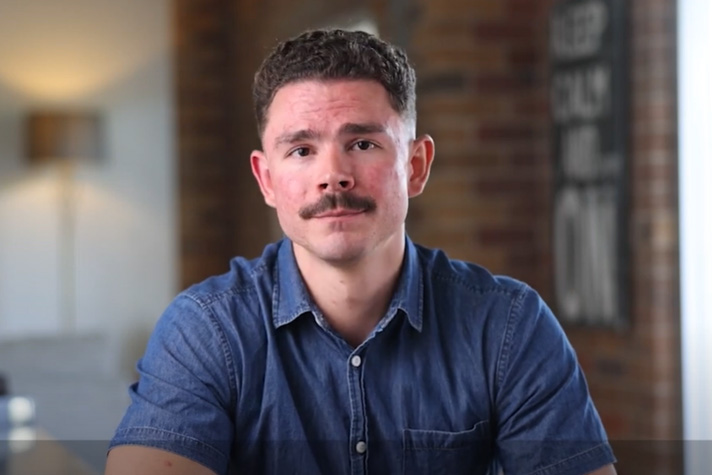


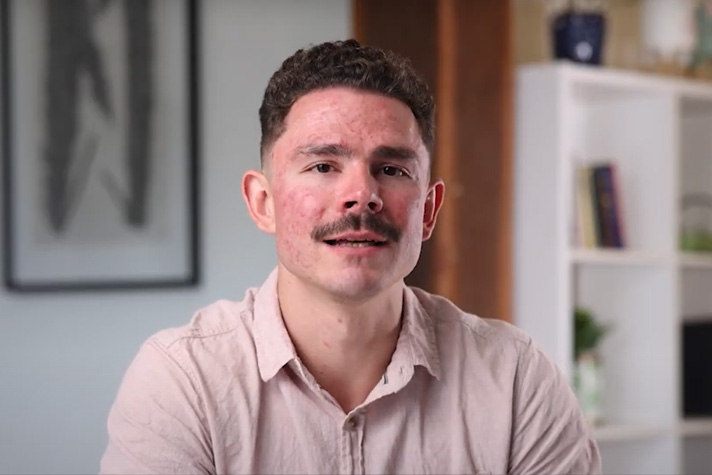




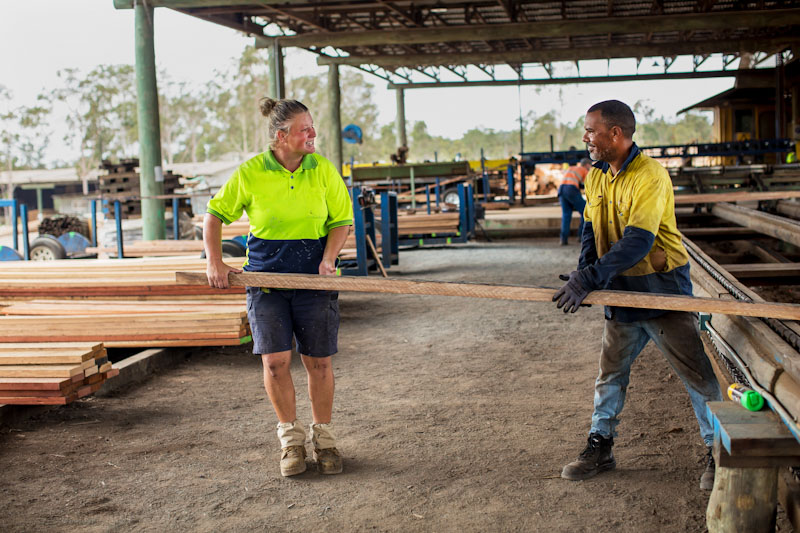
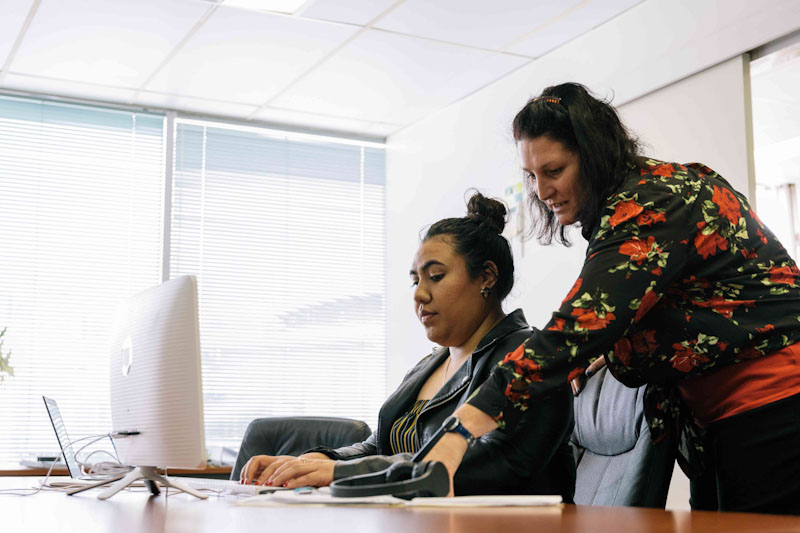



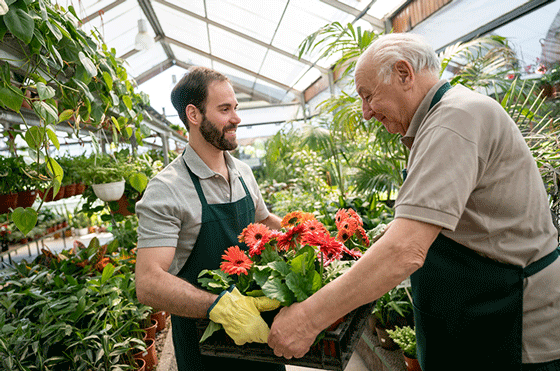

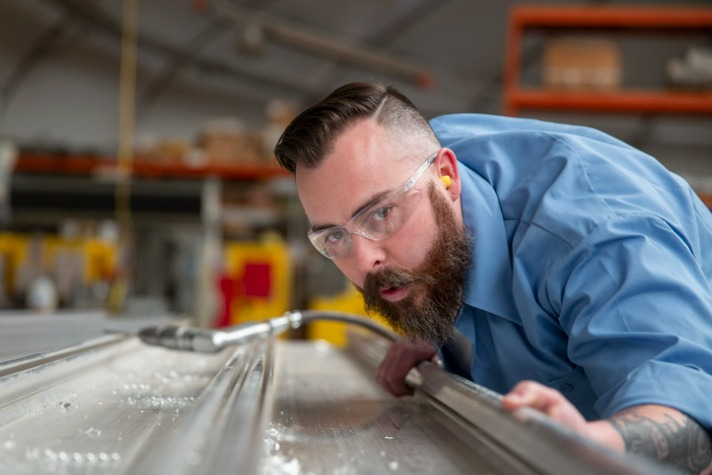




.jpeg)
